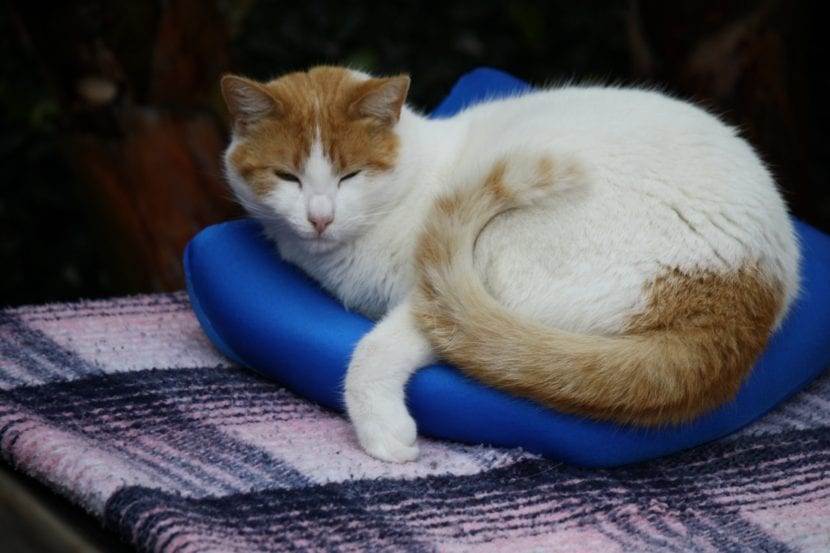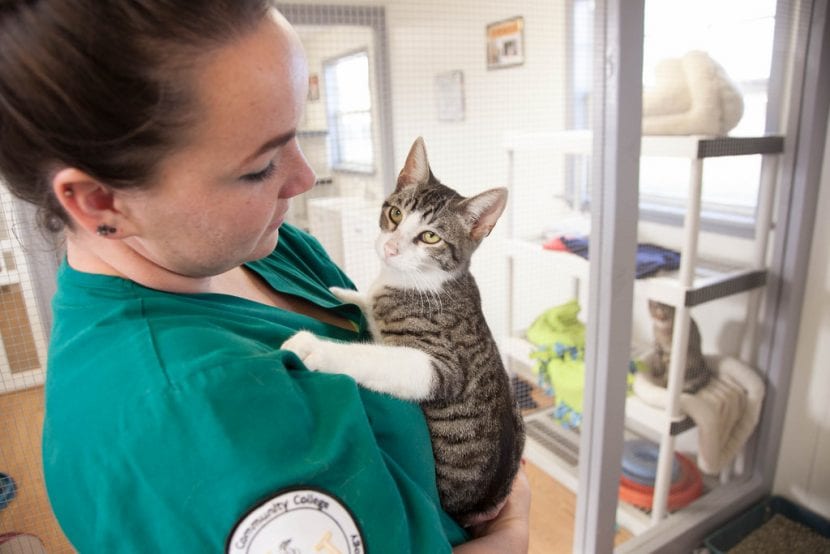
As its caregiver, the human being has to take the cat to the vet every time it needs it, also to get vaccinations since the furry is no longer protected more or less after months. If we bear in mind that there are several life-threatening diseases, especially in kittens, a simple gesture could save many lives.
Still, complications sometimes arise. Although this is not common, it is important to know what are the side effects of vaccines in cats to know how to act in case our friend does not feel too well after receiving immunity.
What are the side effects of vaccines that cats can have?
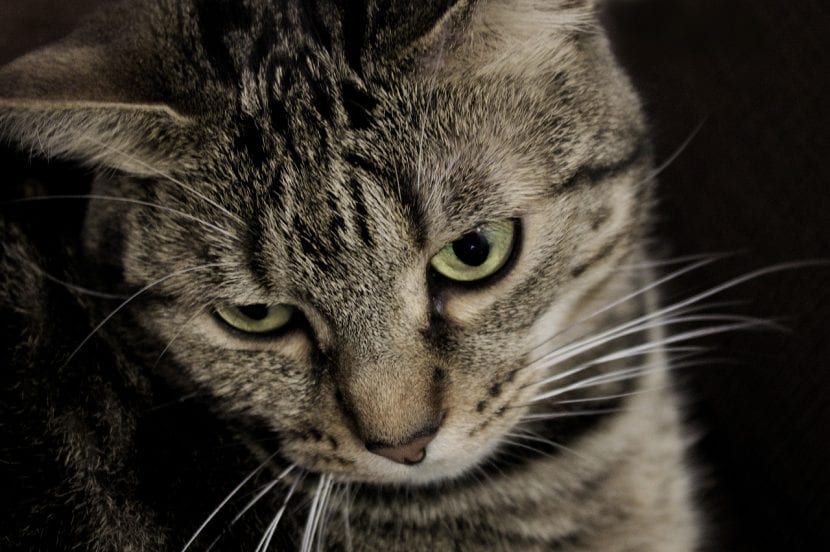
Vaccines are very beneficial, since they help the cat to be able to cope with the microorganisms that cause diseases, such as viruses. But there is always the risk of something unexpected happening. Just like when we take the medicines the doctors prescribe, we don't really know how the feline's organism is going to react until we give the animal the vaccine.
With a study in which 1.258.712 vaccines were administered to 496.189 cats, a total of 2.560 suffered vaccine side effects within 30 days of vaccination, which means that, although they can appear, the risk is really very low.
The symptoms exhibited by the 2560 affected study cats were as follows:
- Lethargy: seen in 54,2% of 2560 cats.
- Vaccine site reactions: seen in 25,2% of cats.
- Vomiting: seen in 10,3% of cats.
- Periorbital or facial edema: seen in 5,75% of cats.
- Generalized itching: seen in 1,9% of cats.
Therefore, we must always be attentive to be able to detect any change in our friend as soon as possible so that we can take him to the vet as soon as possible. So you can recover as soon as possible.
Is it normal for a cat to be weird after a vaccine?
Depending on the dose and the type of vaccine, there are cats that can feel a bit strange, especially after the rabies one. They may be a bit lethargic, spend time resting, and not want to be disturbed. Although it is rare, it could be that they became a little irritable, but nothing that does not happen in a matter of hours.
The most normal thing is that the next day they will be themselves again 🙂.
Why won't my cat eat after a vaccination?
That is also a fairly common reaction (or rather non-reaction). Newly vaccinated cats lose their appetite, why? Well, there are several reasons, among which are discomfort, perhaps pain or stinging from the vaccine, and general discomfort.
But it is not something that should worry us, unless the next day arrives and they continue the same in which case it will be necessary to return to the vet to tell us what happens to the animals and how to treat them so that they recover as soon as possible.
Is it necessary to vaccinate a domestic cat?
Actually, it is not that it is necessary (that it is also necessary) but that there are vaccines that are mandatory as we will now see. Although I will never leave home, does not mean that you will be protected against disease. Viruses, bacteria and fungi are present inside the house and we can bring them in from outside.
Being invisible to the naked eye, it seems that they are not there and we do not give them importance, but it is very important to be clear that they are, and that they will not hesitate to infect the animal as soon as it shows the slightest sign of weakness . And if you are vaccinated, it will be much easier for you to recover.
What are the mandatory cat vaccinations?
A vaccination schedule that is often followed is as follows:
- At two months: trivalent, which protects against feline panleukopenia, rhinotracheitis and calcivirosis.
- At three months: trivalent reinforcement, unless you are going to go abroad in which case you will be given the tetravalent, which also protects against feline leukemia.
- From three to six months, you will be vaccinated against rabies.
- Once a year, the rabies booster should be administered, or the quadrivalent if it goes out.
Of all these vaccinations, the only ones that are mandatory are the rabies and the trivalent. And it is that the diseases against which they offer immunity are very dangerous, potentially fatal. Besides, although the health and safety of the cat should come first, we must not forget that humans can get rabies.
Does this mean that it does not matter to get the leukemia or quadrivalent vaccine? No not at all. If we intend to live with more cats and / or let them go outside, it will be highly recommended to give them these two vaccines. For your own good.
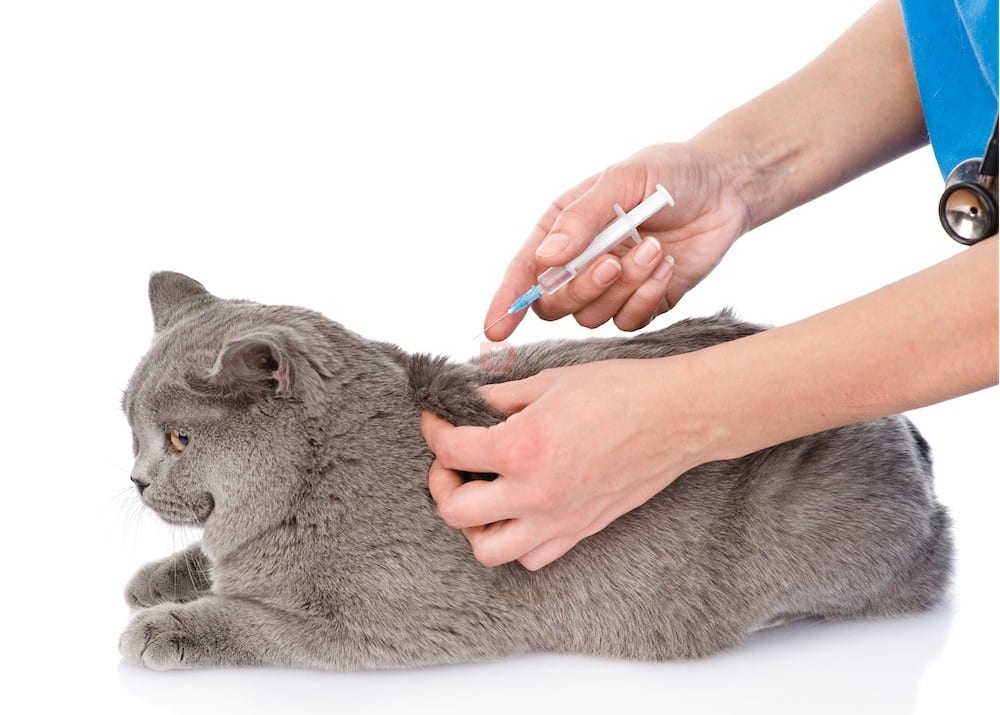
When can you start vaccinating a cat?
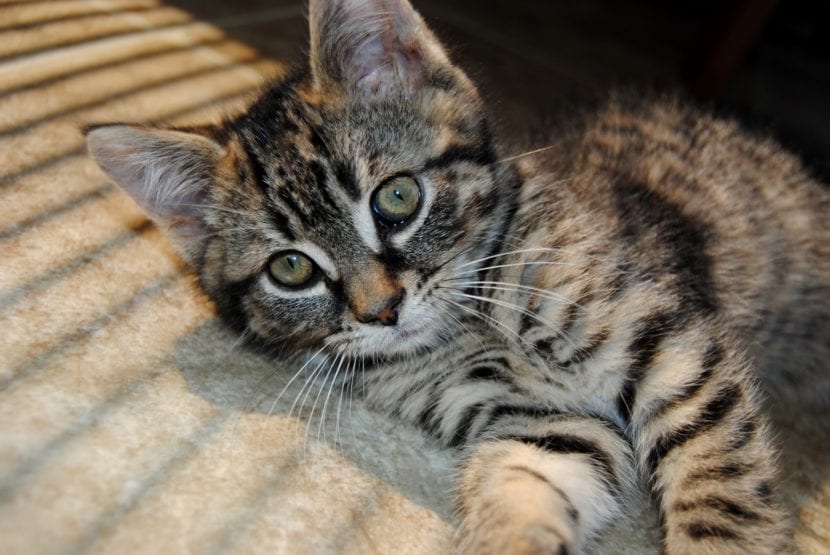
At two weeks of lifeBut if you have adopted an adult who has not received all or none of the required vaccinations, the vet may still be able to vaccinate him.
I hope it has been useful to you 🙂.
